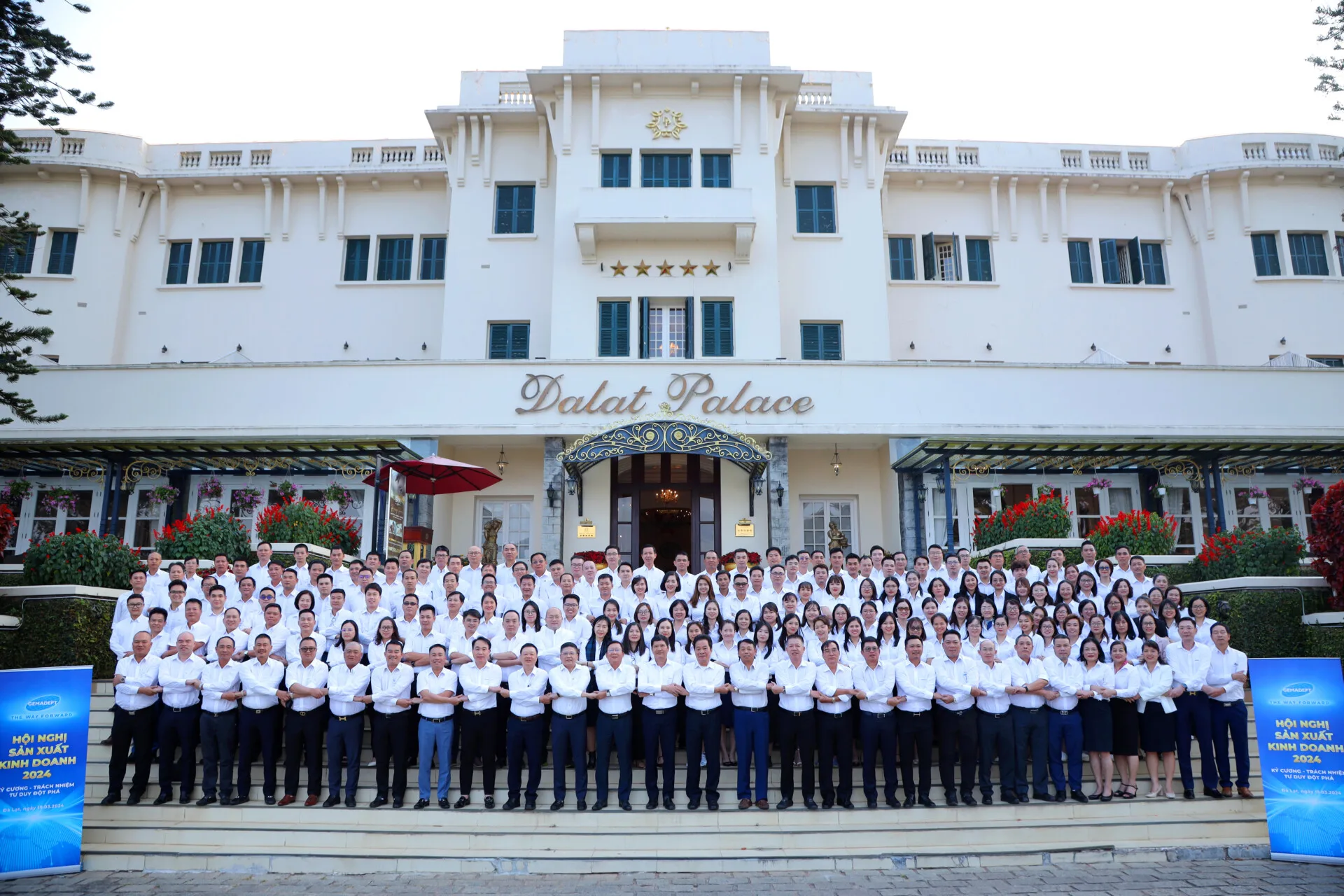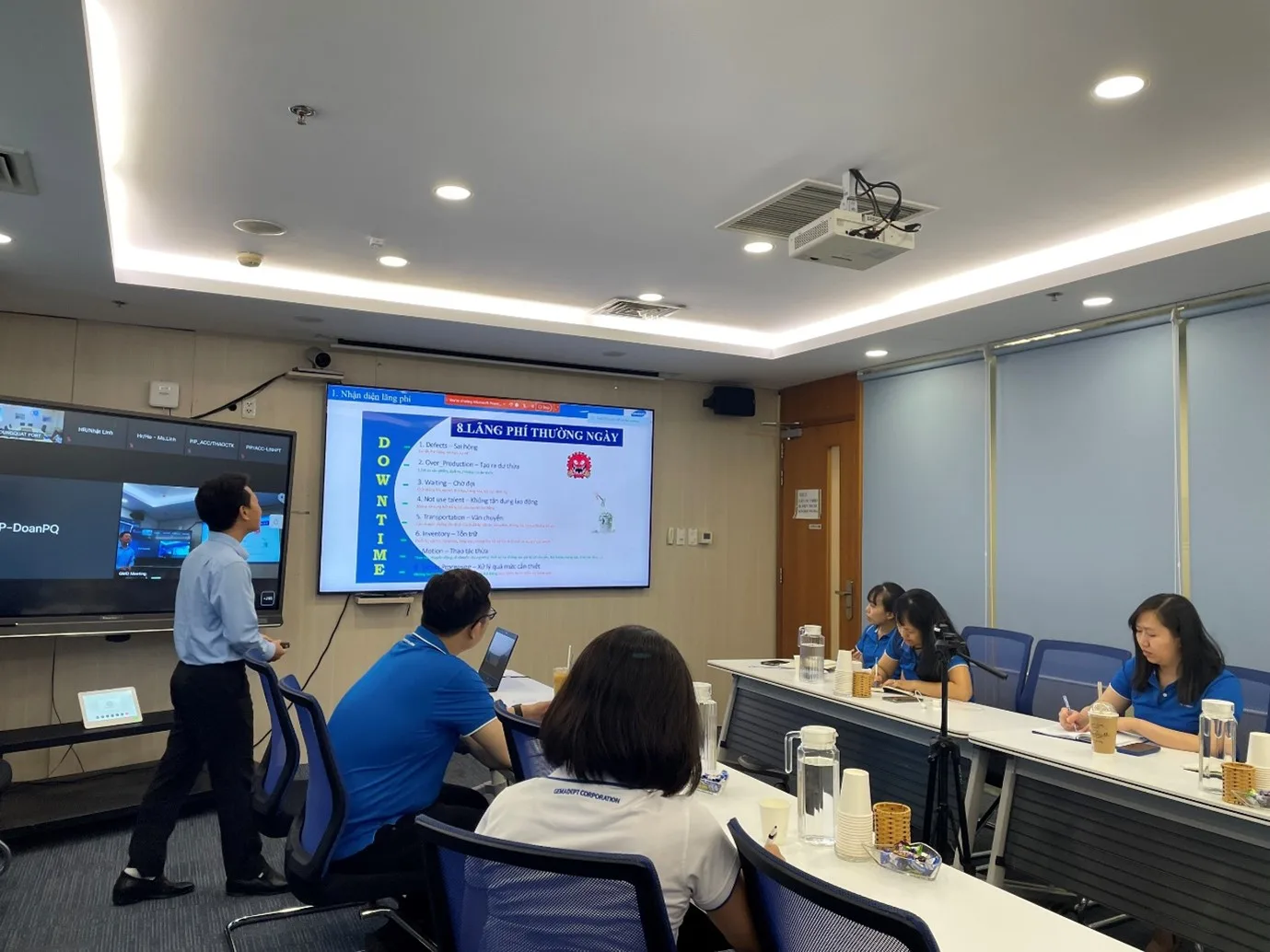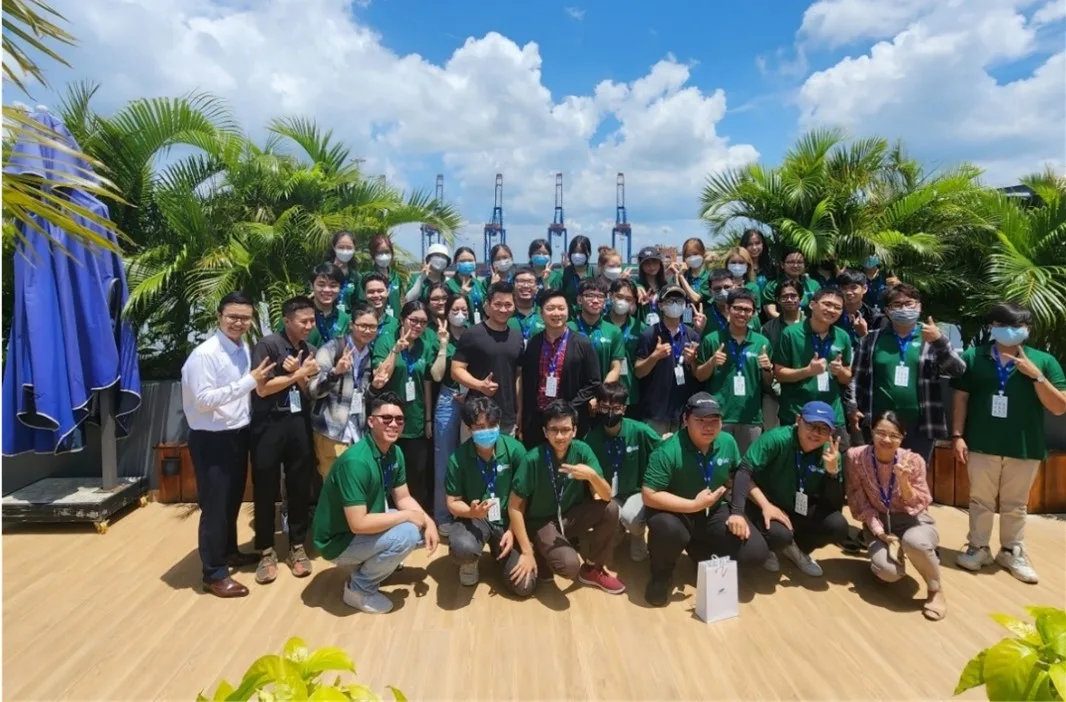A "happy" workplace has all the factors: commitment, connection, trust, health factors and compensation.
A new business can easily create a happy working environment for employees. The reason is that the number of employees in the business during this period is small. Although members of a small team may work under a considerable pressure, they can exchange information, support and cooperate with each other.
However, when the business grows and the number of employees increases significantly, this is the great challenge to create a happy working environment.
Along with obvious assignment of responsibilities, the conflicts are also arised. As a result, employees can focus only on the individual benefit and forget the mission and goals of the organization.
How to overcome this challenge and build a happy working environment, thereby improving labor productivity when the business grows?
According to Ken Lin – founder and general manager of Credit Karma, the organization was founded with the mission of changing people's behavior combined with financial matters – A "happy" workplace must be followed by 5 conditions:
1. Commitment
According to Lin, businesses need to make employees, especially those who are new to the organization, trust the company's mission. They must pride that they are doing something meaningful. At that time, employees will feel satisfied with their jobs, work proactively and commit with the organization for a long time.
At Credit Karma, when the number of employees exceeds 300, the board of directors has paid great attention to orienting employees since the first day of joining. Accordingly, during the entire first working day, employees will be acquainted with the company's mission and introduced new colleagues.
Besides, open communication is always encouraged and maintained at this organization. All employees need to know all aspects of a business, Lin said.
To demonstrate this culture, Credit Karma held a meeting with all the staff each month. At this meeting, employees could ask any questions related to business operations after listening to the report of the board of directors.
2. Connection
Satisfied employees not only understand and respect what the business is doing, but also feel happy and proud when they contribute to the realization of those things.
To do this, Lin advises businesses to build a cultural environment of mutual respect. After leaving the office, employees are always happy with the feeling that their opinions are always heard.
Credit Karma often gives priority to recruiting employees who are able to work harmoniously, happily with surrounding colleagues, have high team spirit and are willing to share difficult jobs.
To give employees many opportunities to connect with each other, Credit Karma often organizes extracurricular activities, clubs for employees.

3. Trust
Lin advises business leaders to show employees they are being trusted and to encourage them to work independently. Employees should be given the freedom to do their job, even though it can be risky and cause them to fail.
Credit Karma often recruits employees who are highly qualified in a certain field and determined to achieve high success. Giving employees the freedom to experiment is also a way to spur their creativity.
According to Lin, thanks to this policy, the staff at Credit Karma often make recommendations to improve the quality of their work, as well as many valuable new programs.
4. Health
Lin advises businesses not to underestimate the mental and physical health of their employees as it can have serious long-term consequences.
Employees need to be given the time and freedom to take care of their personal lives. When there is a balance between work and personal life, they will work more efficiently.
Credit Karma currently offers unlimited sick leave for employees, offers nutrition counseling sessions by experts, yoga, meditation, fitness classes or counseling. personal health care.
5. Compensation
Enterprises should not just say that they care and respect employees, but they also need to realize it with worthy compensation and rewards. No matter how open and interesting the working environment is, if the company does not treat employees properly, they will not be able to stick with the organization for a long time.
However, Lin also recommends that if businesses only pay competitively, creating attractive welfare policies or stock incentives, it is unlikely to make employees happy. What is more important is the fairness in sharing the achievements that the business has for each member.
Source: https://doanhnhansaigon.vn/ky-nang/5-dieu-kien-cua-moi-truong-lam-viec-hanh-phuc-1062845.html











